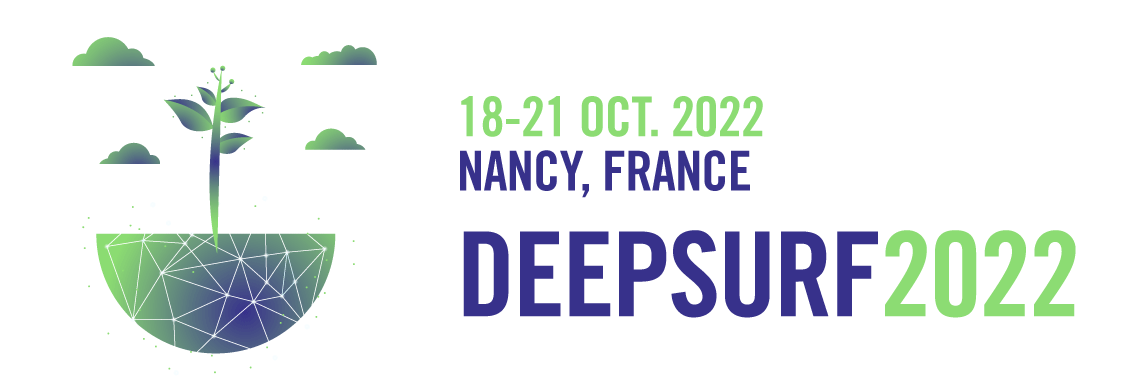Scientific committee
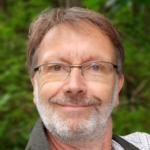
Alan Butcher, GTK, Finland
Alan R. Butcher is Professor of Geomaterials & Applied Mineralogy at the Geological Survey of Finland (GTK). A geologist by training, Alan leads research into novel ways to image and analyse rocks and minerals in 2D, 3D and 4D. He is specifically active in battery mineral characterization and their traceability, and a strong advocate of cross-disciplinary collaborative science and engineering, with the aim of helping to solve the current energy emergency through a better understanding of the full value chain, from minerals, to metals, through to materials and the final manufactured products, and the recycling thereof.
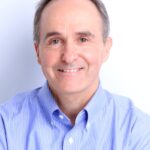
Denis Angers, Agriculture and Agri-Food Canada
Denis Angers is an Honorary Research Scientist with Agriculture and Agri-Food Canada in Quebec City. He has over 35 years of experience in researching carbon and nitrogen cycles in soils, with the overall objective of understanding and developing practices to reduce soil degradation and net greenhouse gas emissions through carbon sequestration. His has worked on arable crops and livestock-based cropping systems across Canada, but also in France, Brazil, and China. He contributed to the development of the Canadian Agricultural Greenhouse Gas Accounting System. He is former President and Fellow of the Canadian Society of Soil Science, Fellow of the Soil Science Society of America, and Corresponding Member of the French Academy of Agriculture. He currently contributes to the IPCC 6th Assessment Report.
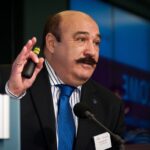
Samuele Furfari, Free University of Brussels, Belgium
Dr. Samuel Furfari is a recognized authority on energy policy based in Brussels. Between 1982 to 2018, he was a senior official on energy policy in the European Commission. For 15 years he is a professor of energy geopolitics and energy politics at the Free University of Brussels. He is the president of European society of engineers and industrialists.
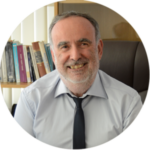
Jordi Bruno, Amphos 21, Spain
Jordi Bruno has a PhD in Inorganic Chemistry, Royal Institute of Technology (KTH), Stockholm, an Executive MBA from Stanford University and has over 30 years of experience in the field of waste management, risk analysis and environmental management strategies. The main areas of expertise include groundwater and radionuclide geochemistry, sustainability, chemical risk assessment and evaluation of performance and safety of nuclear waste repositories, toxic / hazardous and geological storage of CO2. Since the inception of Amphos 21 in RSK Environmental he is Director of Amphos 21 Group. He is author or co-author of more than 130 published papers and five books, as well as many communications to international conferences and technical reports.
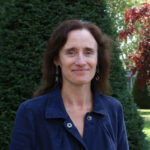
Florence Delprat-Jannaud, IFPEN, France
Physicist by training, Florence Delprat-Jannaud holds a doctorate in Earth Sciences from the University of Paris Sud. She pursued her career in geophysics at IFPEN, developing expertise in seismic imaging. Florence also coordinated research projects, covering cross-cutting fields in geosciences, including CO2 geological storage. She is today Program Manager at IFPEN in charge of CO2 Capture, Storage and Negative emissions, including a variety of projects on the whole chain and a large range of technology readiness levels. Florence chairs the Club CO2, a network that brings together French players, universities, research institutes, manufacturers, in the field of CO2 capture, storage, and utilization.
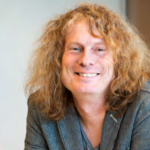
Arthur Gessler, Swiss Federal Institute for Forest, Switzerland
Arthur Gessler is biologist by training and gained his PhD from the University of Freiburg in Germany. He is working as eco-physiologist assessing nutrient, carbon, and water cycles in forests from the molecular to the landscape level. At the Swiss Federal Research Institute, he is responsible for the long-term forest ecosystem research program and his group hosts a stable isotope laboratory where ecological processes can be investigated on various temporal scales.
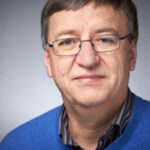
Peter Wirth, Leibniz Institute of Ecological Urban and Regional Development, Germany
To come...
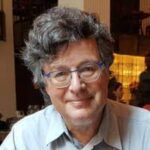
Michel Jébrak, UQAM, Canada
Michel Jébrak is a geologist and holds a doctorate in science. He is professor emeritus at UQAM, and teaches in Canada, France, and French Guiana. He chairs the scientific council of Ouranos, a Quebec research consortium on climate change, and works on mineral resources in the context of the energy transition. He has recently published a book on Lithium.
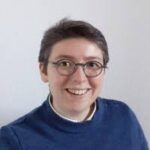
Noémie Fayol, Mines Alès, France
Noémie Fayol is a geologist. She is an assistant-professor at IMT Mines Alès, France. As a member of the Mineral Industry & Territorial Dynamics Chair, she works on the relationship between mining projects and territories with a cross-disciplinary approach. Her interest also focuses on the evolution of engineers’ skills and training in the context of the necessary ecological transition.
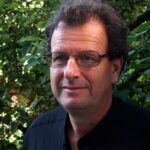
Erwin Dreyer, INRAE, France
To come...
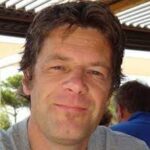
Olivier Vidal, CNRS, France
Olivier Vidal is a CNRS researcher at the Institut des Sciences de la Terre, Grenoble. Geologist by training, his research is now focused on the energy-raw materials nexus in the context of energy transition to a low-carbon society. He has been scientific coordinator of the European network ERA-MIN on the industrial handling of non-energy raw materials, and he is involved in several multidisciplinary projects in collaboration with economists.
Organising committee
- Jérémie Bel, DEEPSURF project manager, GeoRessources
- Barbara Brenachot, Communications Officer of the DEEPSURF project, GeoRessources
- Michel Deshaies, Professor Université de Lorraine, LOTERR
- Véronique Ernest, Communications Manager, GeoRessources
- Pierre Faure, Senior Researcher CNRS, LIEC
- Jacques Pironon, Senior Researcher CNRS & Scientific leader of DEEPSURF project, GeoRessources
- Maryse Villeneuve, Financial and administrative Manager, ASGA
